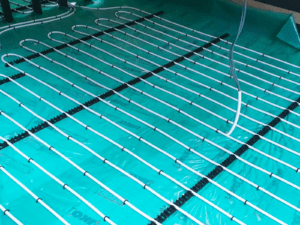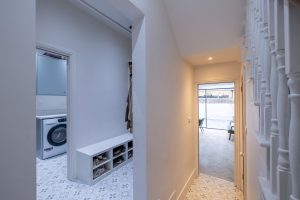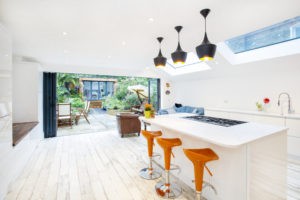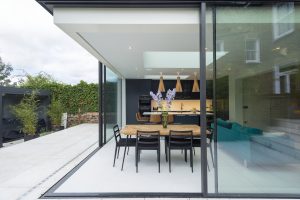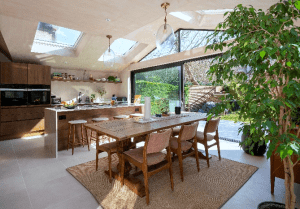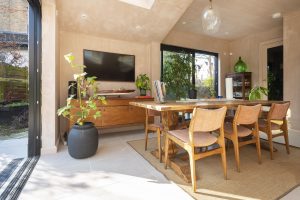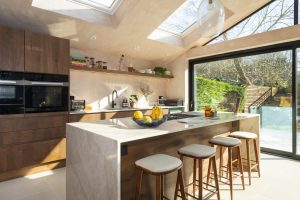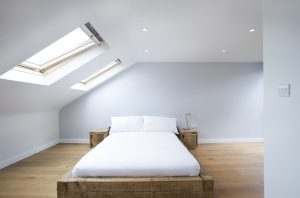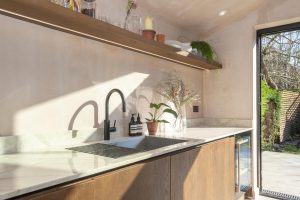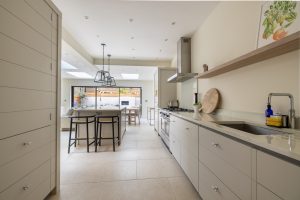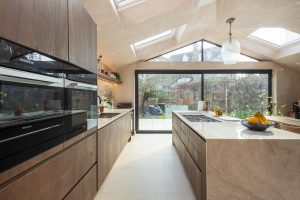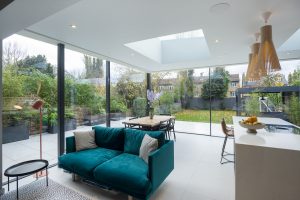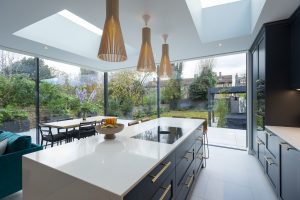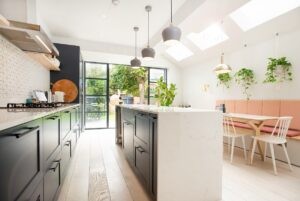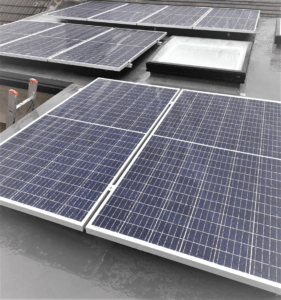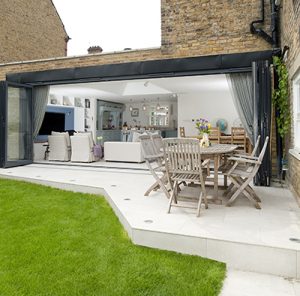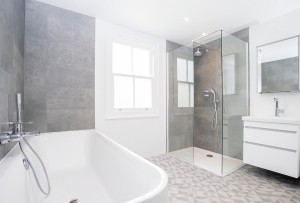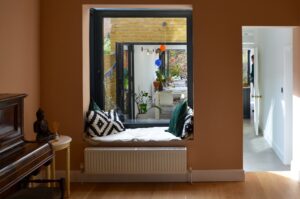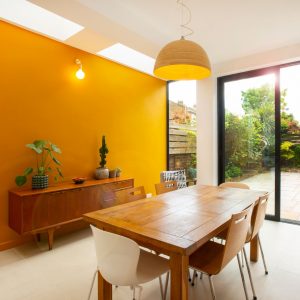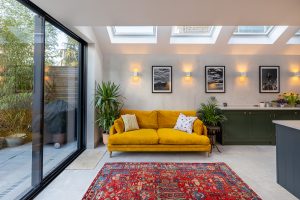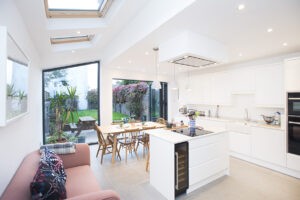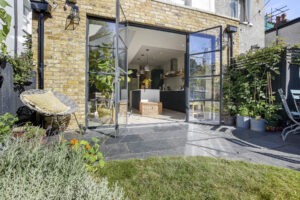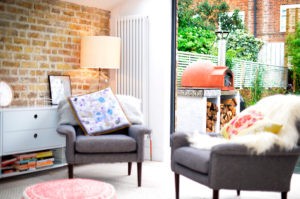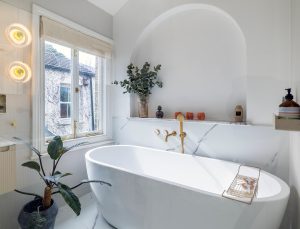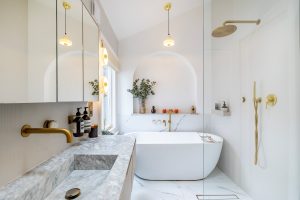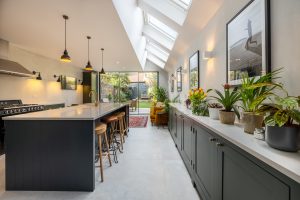Solar panels, also known as photovoltaics (PV) is form of a renewable energy. It capture sun’s energy and becomes energised, and converts it to electricity that we can use. A solar PV panel consists of many cells that are semi-conducting materials, which generate electricity when light shines upon them.
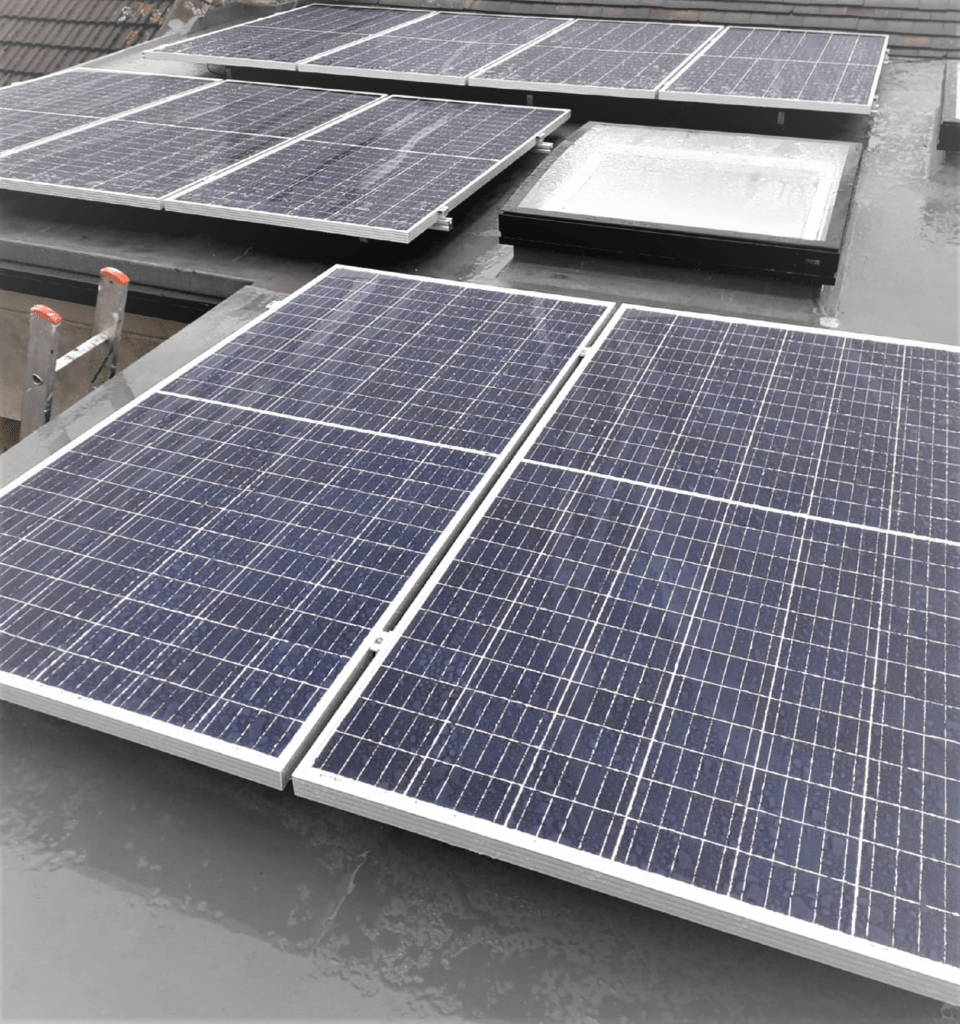
There is always a misconception regarding solar panels that they only work when the sun is bright, which is not entirely correct. The cells in the panels don’t require direct sunlight to operate, they can even work on cloudy days. A typical system consists of 15 panels. Each of the panels are able to generate about 355W of energy in case of strong sunlight (about 1 or 2 watts of power per cell).
What you need to keep in mind is space. You typically need about 25 square metres on area on your roof for installation of solar panels. In case of any trees or chimney nearby, it might impair its working by giving shade to the panels. If shading is unavoidable, optimisers can be used to minimise the impact of shade.
In case you end up generating more electricity than you can store, the surplus can be exported to the grid which can be used by someone else. In some parts of UK, you are even paid for the surplus you generate and export.
Regarding its maintenance, you need to pay very little attention to your solar panels. Just be careful of the growing tress or any sort of shading which could affect its performance. Also due to the 15° or more tilt needed for the panels, the rain in UK helps to wash and clean up the panels, which helps to improve its performance. The panels should last you around 25 years with some maintenance cost over the years, also with possibility of extending warranty sometimes.
If you are looking for a sustainable solution for your home in terms of energy, look no further. Even if the initial, installation cost of these panels is higher, in the long run they are much more efficient and quite reasonable. Along with this, by using solar PV system, you could save around one tonne of carbon per year. Also a good news for you, solar panels do not require planning permission as they are considered under ‘permitted development’ (unless you are in a conservation area or national park).
If you are looking to extend your home, this is definitely something to consider.


